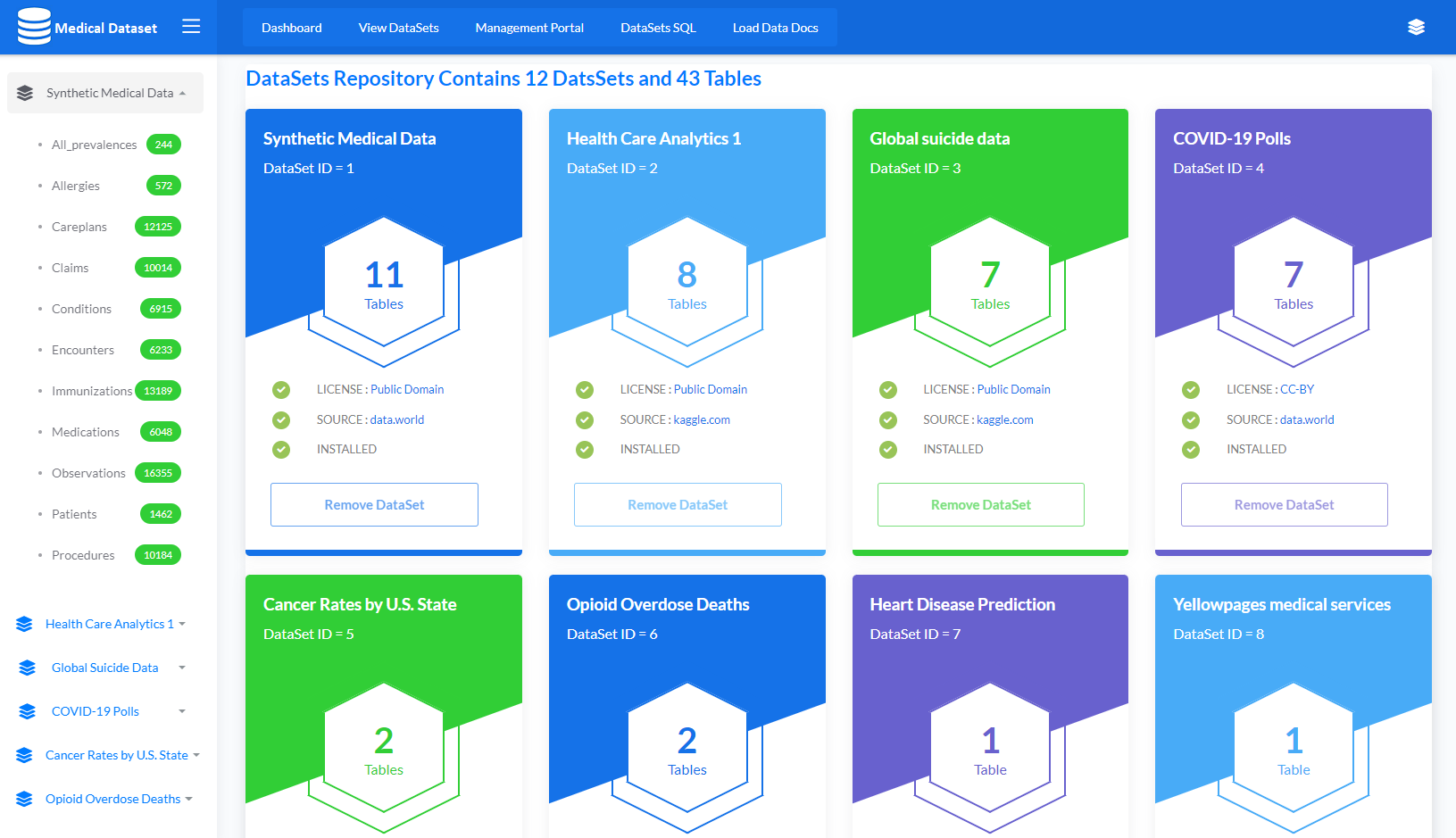We are creating a package (written in Caché Object Script) that will provide access to an external DB (MySQL). Because applications that use our package will be run from machines with various, potentially unexpected, operating systems, we’d like to establish a connection to the external DB without using DSNs (we’ve heard that setting up DSNs on certain non-Windows machines can be cumbersome and problematic).


